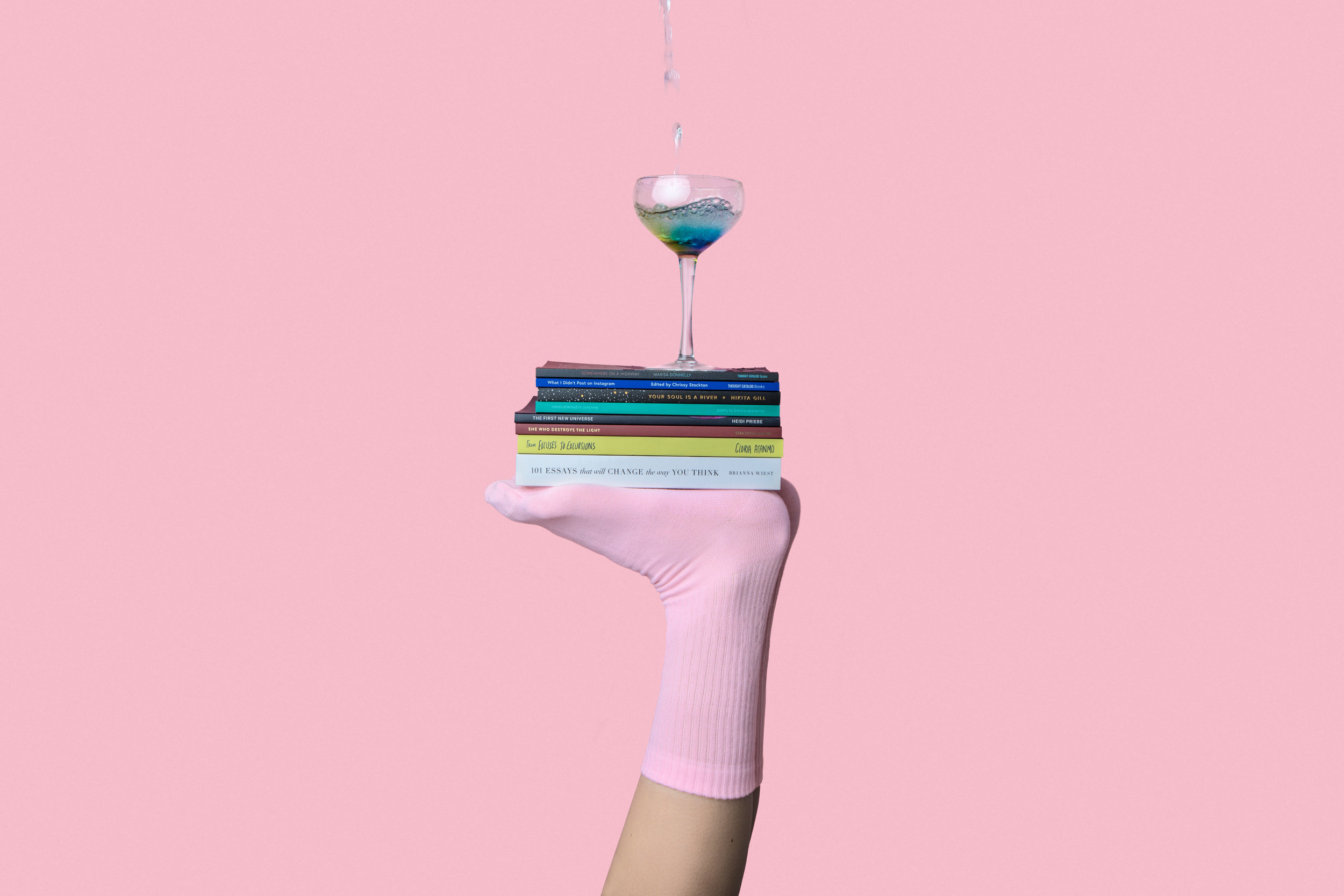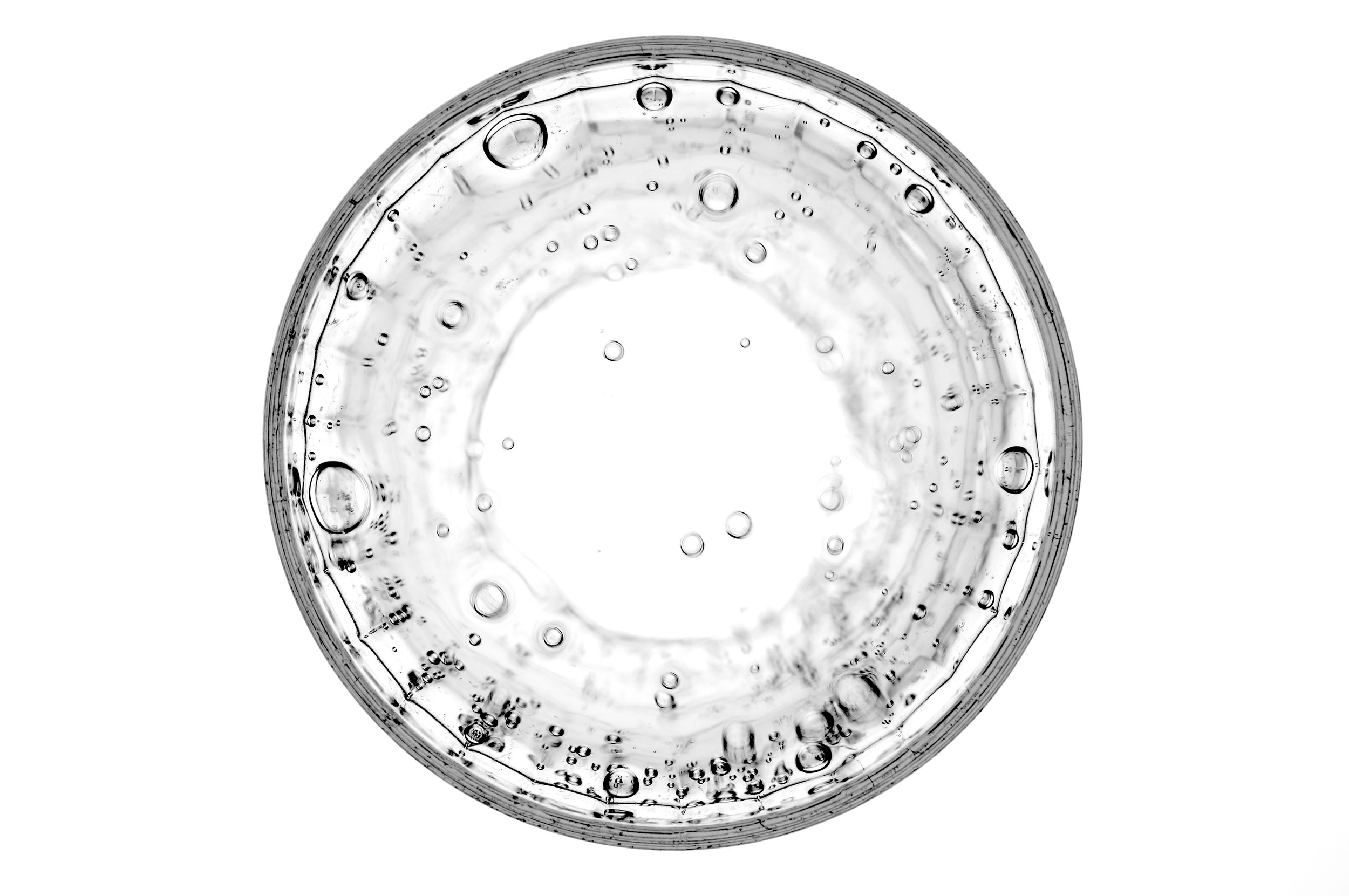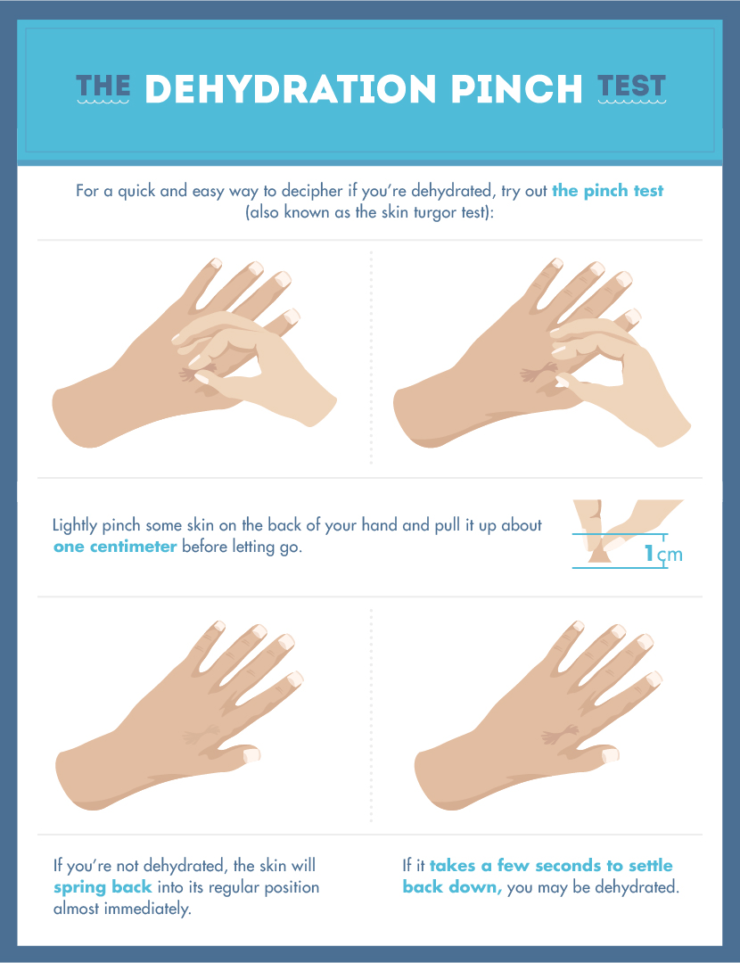Alcohol, Nutrition and body composition
I FREQUENTLY GET ASKED IF I DRINK ALCOHOL AND IF I MAKE CLIENTS CUT IT OUT, AND IF YOU KNOW ME, YOU KNOW THAT ANSWER!
If alcohol is something you've decided can be a healthy party of your life, I've compiled some clear information on how it affects the body, tips for combining eating and drinking, and how to take care of and replenish your body before, during, and after.
PART 1: HOW ALCOHOL AFFECTS OUR BODY
ALCOHOL and BODY COMPOSITION GOALS
The alcohol and fat loss question can be confusing when you see certain individuals consuming alcohol on a regular basis and still maintaining their lean and fit physique while you feel like alcohol has the opposite effect on your body. It's true that alcohol has a better place in weight maintenance than in weight loss. This could be due to your body's hormonal response, the excess empty calories, the types of food combinations consumed while drinking, or a combination of these factors.
If your goal is to gain lean muscle mass and increase your strength, alcohol isn’t helping support those goals either. You’ll have less energy the next day to carry you through your workout and the ability of your muscles to recover and rehydrate will be impaired after drinking.
Ask yourself if drinking alcohol makes it more challenging to stay on track by increasing your cravings (which may lead to overeating or making poor nutritional decisions), affecting your sleep, and hampering your workouts. If the answer is yes, drinking alcohol may not be something that supports your goals right now. If it does fit into your lifestyle, come up with a game plan for how to enjoy it without derailing your current progress. This might mean switching the type of alcohol you typically choose, cutting back on the quantity or being conscious of the foods you eat before, during, and after drinking.
ACTION: Plan your drink choices ahead of time, set a limit for yourself, and eat a healthy balanced meal beforehand to stabilize your blood sugar and slow down absorption.
NUTRITION facts of alcohol
While fun and enjoyable, alcohol contains 7 calories per gram and is considered "empty calories", with no nutritional value and no place to be stored in the body.
The amount of calories and carbohydrates/sugar will vary with each type of alcohol (wine, beer, liquor) as well as within each type. For example, the calories and carbs will be lower in a glass of dry wine vs sweet wine due to the sugar content and a light beer will have less calories and carbs than a strong IPA. For a lighter and healthier option, your best bet is to choose a dry red wine, a glass of bubbles, a light beer, or a cocktail made with clear liquor, citrus, fresh herbs, and bitters.
Side note – you still need to be aware of the sneaky ingredients that may be hiding in your alcohol. I recently learned that some tequila brands contain corn syrup (shame on you Jose Cuervo) and are not made from 100% agave. Choose blanco or silver tequila for more the purest options.
CALORIES / CARBOHYDRATES
1 oz liquor 90-100 calories / 0 g carbohydrates
5 oz glass of wine 100-125 calories / 4-10 g carbohydrates
12 oz light beer 100-160 calories / 5-10 g carbohydrates
12 oz IPA or craft beer 160-425 calories / 12-40 g carbohydrates
REPLENISH LOST NUTRIENTS post-alcohol:
Even in moderate amounts, we still get depleted of certain nutrients when consuming alcohol. Those nutrients primarily include: B-vitamins, vitamin A, vitamin C, zinc, and electrolytes. It’s important to replenish these nutrients the next morning to help reboot your system and get you back on track more quickly. See Part 3 for how to replenish and my tips on taking care of your body before, during, and after.
FURTHER READING/TIPS:
PART 1: HOW ALCOHOL AFFECTS OUR BODY
PART 3: HEALTHY TIPS FOR BEFORE, DURING, AND AFTER
The Take Home Message
You can still enjoy moderate alcohol consumption and the social aspects of drinking and stay on track with your health and fitness goals. Determine how important your health goals are to you, consider your personal bio-individuality and genetics, pay close attention to your motivations behind drinking, and follow my healthy tips for before, during, and after.
And make sure that whatever you choose to drink, it’s totally worth it! Because life is too short for it not to be enjoyed and a good cab tastes extra delicious with a healthy meal.
IMPORTANT: Make sure the drinks you are consuming are enjoyable rather than a form of therapy, numbing, social anxiety, peer pressure, or because you believe it’s beneficial to your health and well-being. Our relationship to alcohol, knowing our personal limits and how to maintain a healthy balance is extremely important.
Let’s Chat!
Do you have a question regarding social drinking and your fitness goals? Do you have any words of advice for others trying to navigate creating a healthy lifestyle? Ask or share below or start the conversation on social using #runningwithforks.

















